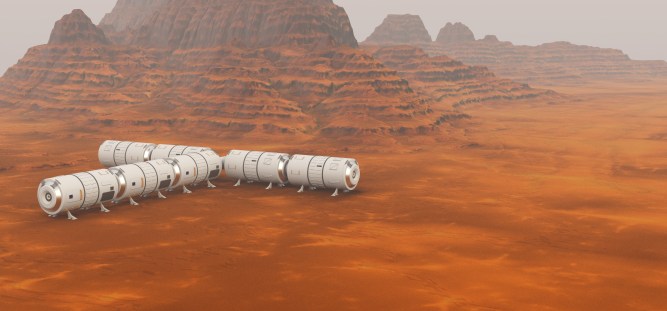As human spaceflight missions grow longer and travel farther from Earth, keeping crews healthy becomes more challenging. Astronauts on the International Space Station currently rely on real-time communication with Houston, regular cargo deliveries of medical supplies, and the option for a quick return to Earth after six months. However, this may soon change as NASA and its commercial partners, including SpaceX, plan longer-duration missions to the Moon and Mars.
This shift is driving NASA to develop more Earth-independent medical care solutions. One early experiment is an AI medical assistant being developed in collaboration with Google. Known as the Crew Medical Officer Digital Assistant (CMO-DA), the tool is designed to help astronauts diagnose and treat medical issues when no doctor is available or communication with Earth is disrupted.
The multi-modal assistant, which incorporates speech, text, and images, operates within Google Cloud’s Vertex AI environment. The project is funded through a fixed-price Google Public Sector Subscription agreement, covering cloud services, application development, and model training. NASA owns the source code and has contributed to fine-tuning the models, while Google’s Vertex AI platform provides access to various models from Google and third-party providers.
To test the AI assistant, NASA and Google evaluated its performance in three medical scenarios: an ankle injury, flank pain, and ear pain. A panel of three physicians, including an astronaut, assessed the tool’s accuracy in initial evaluation, history-taking, clinical reasoning, and treatment. The results showed a high degree of diagnostic accuracy, with the flank pain evaluation rated 74% likely correct, ear pain at 80%, and the ankle injury at 88%.
The development of CMO-DA is progressing incrementally. NASA scientists plan to integrate additional data sources, such as medical devices, and refine the model to account for space-specific conditions like microgravity. While Google has not confirmed whether it will pursue regulatory approval for Earth-based medical applications, the success of this tool in space could lead to broader healthcare applications.
Beyond improving astronaut health, the lessons learned from this project could benefit medical care in other remote or underserved environments. The collaboration between NASA and Google represents a significant step toward autonomous healthcare solutions for future deep-space exploration.

